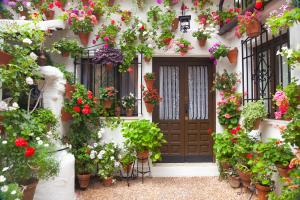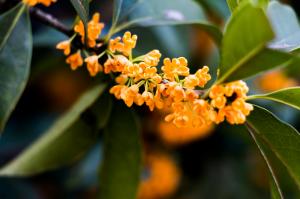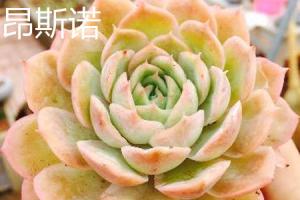Will Water Softener Salt Kill Plants?
Water softener salt is commonly used to prevent hard water, which can cause damage to plumbing and household appliances. However, its use raises concerns about whether it can harm plants in the surrounding area. Here, we will explore the effects of water softener salt on plants.
The Composition of Water Softener Salt
Water softener salt is primarily composed of sodium chloride. It is usually available in three forms, including rock, pellet, and solar salt. The composition of water softener salt is problematic for plants that need potassium and magnesium to thrive. Therefore, the use of water softener salt can lead to soil salinization due to the accumulation of sodium and chloride ions, which can throw off the balance of essential soil components required for plant growth.
Why Water Softener Salt Can Kill Plants
The accumulation of sodium and chloride ions in the soil affects the mineral uptake in the plants, leading to an imbalance of nutrients. The process of osmosis plays a significant role in plant growth, and the accumulation of salt can cause water stress on the plant, leading to the death of the plant's root system. The high concentration of salt in the soil can also alter its composition, making it hard for the plant roots to access water, which can result in a lack of proper hydration and malnourishment of the plants.
The Effects on Plants
The accumulation of salt in the soil has several effects on plants. It can lead to discoloration of the leaves and cause them to wilt, which is a common indicator of water stress. The plant's growth may be stunted or, in severe cases, lead to the death of the plant. The inability of the plant roots to absorb water and nutrients properly can also make the plant susceptible to diseases, making it more prone to pest invasion.
Alternatives to Water Softener Salt
There are alternatives to water softener salt that can reduce the risk of harm to plants in your surroundings. These include using potassium chloride or reverse osmosis to remove hard minerals from the water. Potassium chloride is a natural alternative to sodium chloride and can be used as a regenerant to recharge the water softener system. Additionally, reverse osmosis works by forcing water through a semi-permeable membrane, which traps contaminants such as salt, producing water that is safe for your plants.
Conclusion
To conclude, the use of water softener salt can harm plants by altering the soil composition and depriving the roots of the plants from the essential nutrients they require for growth. A lack of proper hydration can lead to irreversible damage, including root and leaf loss, discoloration, and in some cases, death. Therefore, it is essential to consider using natural alternatives such as potassium chloride or reverse osmosis to protect the surrounding vegetation from harm.

 how many times do yo...
how many times do yo... how many planted tre...
how many planted tre... how many pine trees ...
how many pine trees ... how many pecan trees...
how many pecan trees... how many plants comp...
how many plants comp... how many plants can ...
how many plants can ... how many plants and ...
how many plants and ... how many pepper plan...
how many pepper plan...






























